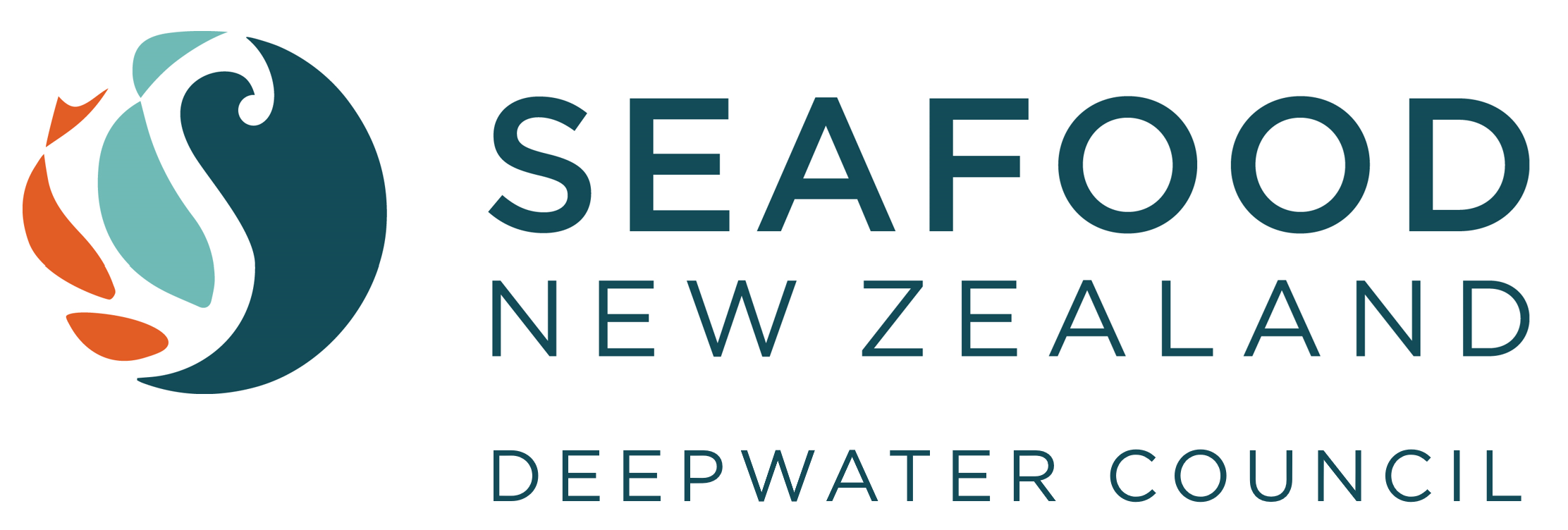The Deepwater Group says the increase in the Total Allowable Commercial Catch for hoki shows the benefits of a long term commitment to build biomass in this major New Zealand fishery.
An increase in the hoki catch, from 150,000 tonnes to 160,000 tonnes, was announced at the Seafood Industry Conference in Wellington today by the Minister for Primary Industries Nathan Guy.
Nathan Guy says the increase is possible because the recent hoki assessments had shown stocks were at, or above, the level necessary to produce a maximum sustainable yield and highly likely to remain that abundant.
Deepwater Group CEO George Clement says the increase is possible because of the policy of deliberately rebuilding stocks to record high levels, up to 60 percent of unfished volumes.
“Industry and government have rebuilt the numbers of hoki. It now follows that the commercial catch is safe to be sustainably increased,” George Clement says.
“The New Zealand hoki fishery is recognised as one of the most sustainably managed in the world and is certified without conditions by the international Marine Stewardship Council. It is a very healthy fishery.”
Nathan Guy also announced catch limits for two orange roughy fisheries have been increased, as these stocks have now been rebuilt, while he decreased the catch in a third fishery, to promote more rapid rebuild.
George Clement says the changes demonstrate how the Quota Management System works in making fisheries sustainable.
“The increases in the orange roughy catch are because there are more fish out there. The orange roughy population in some parts of the Mid-East Coast needs to increase more rapidly. Industry and the government want this stock to catch up to the rebuild achieved in the other orange roughy areas,” George Clement says.
George Clement also says the use of new monitoring technology to more accurately measure orange roughy stocks has been a great confidence boost in providing robust data to underpin government and industry decisions on what numbers the stocks are at and therefore what levels are safe to sustainably harvest these fish.
For further information contact:
George Clement,
CEO,
Tel: 021 932 369
